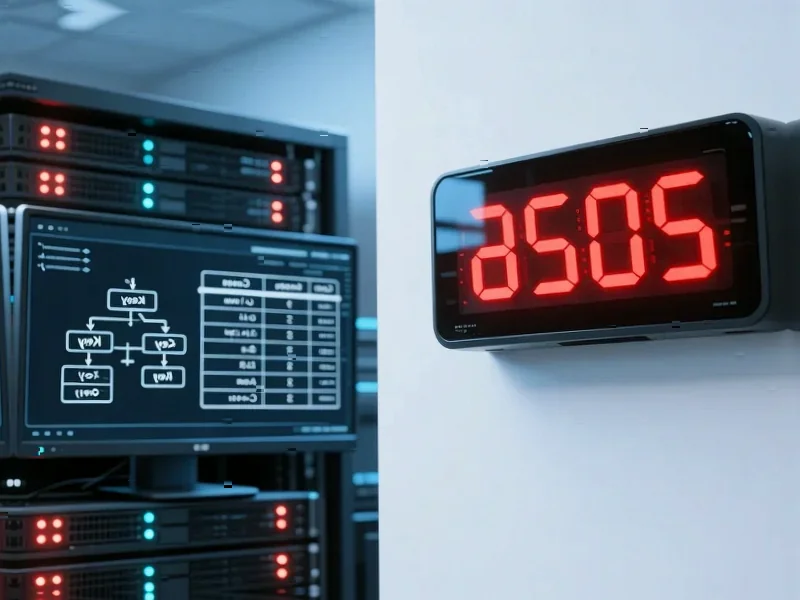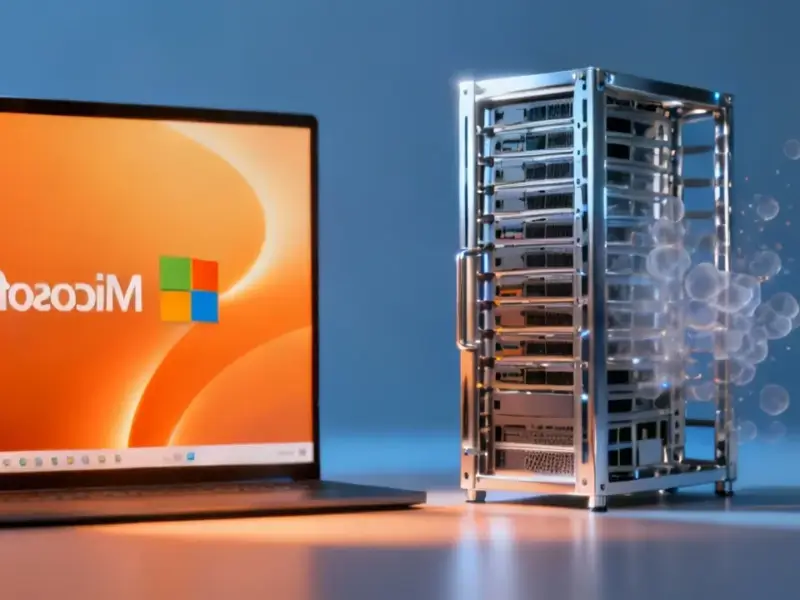According to TheRegister.com, Snowflake has made its PostgreSQL extensions open source under the Apache license in a bid to attract developers to its lakehouse system. The company acquired PostgreSQL specialist startup Crunchy Data for $250 million back in June this year to make this possible. The pg_lake extensions let developers read and write directly to Apache Iceberg tables from PostgreSQL, eliminating data movement needs. Snowflake executive Christian Kleinerman says this turns PostgreSQL into an interface for managing open lakehouses. Meanwhile, analyst Robert Kramer notes buyers still struggle to differentiate Snowflake from rivals like Databricks in the AI platform space. The company also announced general availability of Snowflake Intelligence, its AI agent for natural language queries.
The PostgreSQL gambit
Here’s the thing about Snowflake’s move: it’s actually pretty clever. Instead of trying to replace PostgreSQL—which let’s be honest, nobody’s ripping out—they’re embracing it. The pg_lake extensions basically let PostgreSQL developers keep working in their comfort zone while gradually adopting Snowflake’s analytics and AI capabilities. It’s a classic “if you can’t beat ’em, join ’em” strategy.
But I’ve got to wonder—is this really about openness or is it more about locking in PostgreSQL users? Sure, the extensions are open source, but they’re designed to pull data into Snowflake’s ecosystem. The whole “manage Iceberg tables directly in PostgreSQL” sounds great until you realize you’re still building dependencies on Snowflake’s platform. It’s a soft sell rather than a hard push, which honestly might be smarter.
Acquisition acceleration
Let’s not forget the $250 million acquisition of Crunchy Data that made this possible. That’s not pocket change, even for Snowflake. They basically bought their way into the PostgreSQL community rather than trying to build credibility from scratch. Smart move? Probably. But it also shows how desperate the big data platforms are to capture developer mindshare.
The timing is interesting too. Snowflake’s making this play right as everyone’s scrambling to position themselves for the AI wave. They’re essentially saying “hey PostgreSQL folks, you can keep doing what you’re doing, but now with AI!” It’s a compelling pitch, especially for organizations that don’t want to completely overhaul their data architecture.
The differentiation dilemma
Now here’s where it gets tricky. As analyst Robert Kramer pointed out, buyers still can’t really tell these platforms apart. Snowflake vs Databricks vs whatever Google and AWS are cooking up—they’re all shouting about AI capabilities while looking increasingly similar. Snowflake’s betting that being the “reliable and responsible” AI platform will set them apart.
But let’s be real—everyone claims their AI is reliable and responsible. The pg_lake documentation and engineering blog talk a good game about seamless integration, but we’ve heard this before. Remember when every vendor promised “no data movement” and then… well, there was still data movement?
AI agent reality check
Snowflake Intelligence, their new AI agent, sounds impressive—natural language queries, insights at everyone’s fingertips. But Kramer’s warning about scale, monitoring, and real-world costs for agent workloads is crucial. These AI features always look great in demos, but the production reality is often messier and more expensive.
Basically, Snowflake’s trying to thread a needle here. They want to be the platform for “real-world AI operations” rather than just experimentation, as their blog post suggests. But can they deliver on that promise while keeping costs predictable? And will PostgreSQL developers actually embrace this hybrid approach, or will they see it as yet another vendor trying to co-opt their workflow?
The strategy makes sense on paper. Lower the barriers to entry, don’t force architectural disruption, and hope for gradual adoption. But in the brutally competitive data platform space, making sense on paper isn’t always enough. We’ll have to see if developers actually bite.




